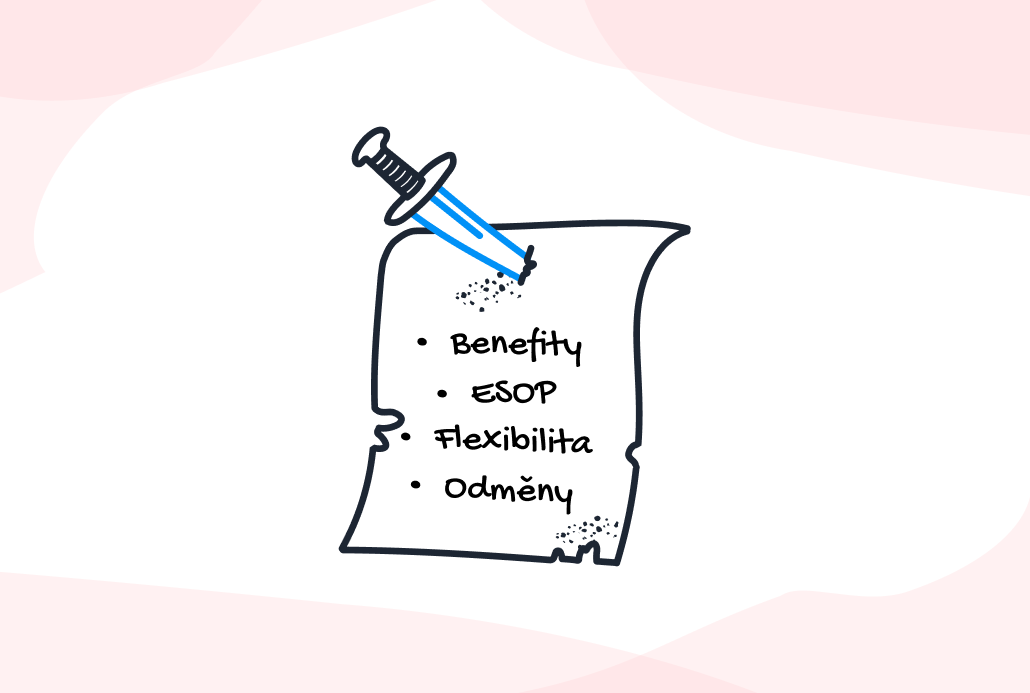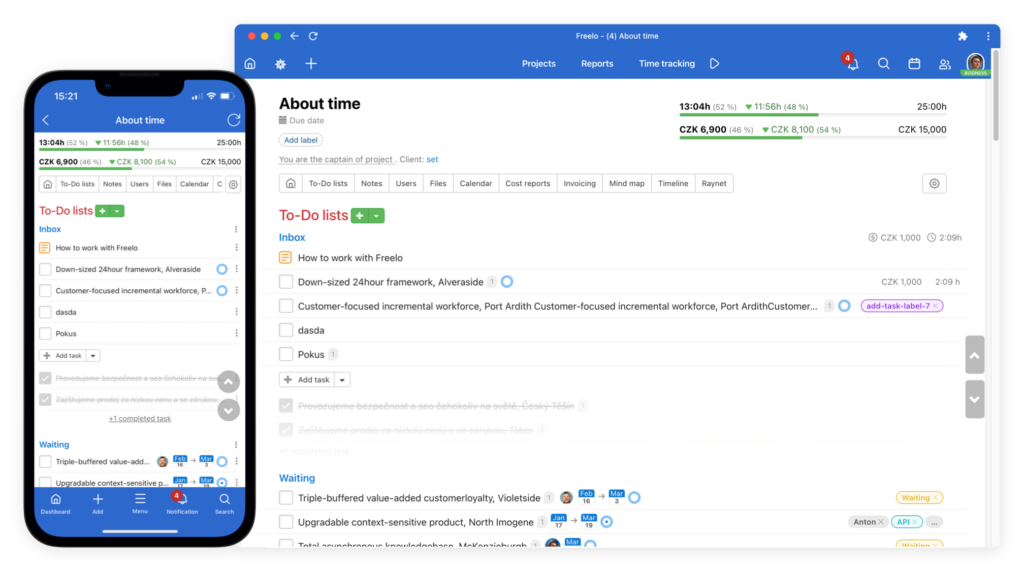
A Glossary of Tricky HR and Labor Law Terms
 Freelo team
Freelo team

Everyone comes across the concepts of HR and employment law at least once in a while. That may even be the cause of several common inaccuracies and misconceptions within the field. Before diving into the Overview of employee compensation, make sure you understand the following concepts.
Benefits
These are regular advantages provided to employees regardless of performance. They may not be the same for all employees, but they are usually similar in the same levels of any corporate structure. They are usually defined in an employment or collective contract. Not to be confused with bonuses.
Benefits versus legal obligation
However, be careful – benefits are not legally enforceable. And here’s where the catch comes in. In job advertisements, benefits are sometimes disguised as legal obligations the employer has, such as 4 weeks of vacation, a day of paid time off on your wedding day, breastfeeding breaks, or unpaid time off for moving of your own volition.
When is education a benefit?
Education, by its very nature, should not be a benefit. If it is training necessary to do the job (e.g., working with a tool), it is a job benefit. If we are talking about training in a broader sense, such as developing soft skills, then it is a company development strategy rather than a benefit. Although the boundary is not clear.
If you’re not sure, ask the employee if they see the training as a benefit.
I also see the Everyone Sells training as a benefit. Tips on how to work with efficiency, how to plan my calendar, and how to listen, I use in my everyday life.
– Radek Novák, Customer Success Manager at Freelo
FREELO TIP
Make the most of employee training – share know-how within the company.

What is flexibility?
Whether flexibility qualifies as a benefit or as part of the company culture will tell you exactly what is meant by flexibility.
If flexibility is seen as a benefit, expect minor concessions to employees such as a home office a few times a month or the opportunity to work on Friday afternoons.
If it is a part of the company culture, it is likely that flexibility is ingrained in the minds of management as something that benefits not only the employee, but the company as a whole. Rather, you can expect part-time work, company daycare, unlimited home office, etc. But always ask around.
ESOP (Employee Stock Option Plan)
Employee Stock Option Plans are used primarily by start-ups in the US and UK. It is possible in the Czech Republic, but not very advantageous due to the lack of support in the law. More about ESOPs can be found in the overview of employee compensation.
Wage vs salary
Salaries are paid to employees working for a public institution, i.e., a municipality, region, state, state fund, contributory organization (school), etc. All other employees receive a salary.

Rewards
They’re basically everything an employee gets aside from their benefits. They are divided into tangible and intangible, depending on performance.
False self-employment
This refers to a situation in which a person works under conditions corresponding to employment relations – for example, they have a supervisor, working hours, they go to the office, receive a salary, etc., but are not an employee, but a self-employed person (freelancer).
Why would anyone do that?
This false self-employment system brings a major complication. Workers are not protected by the Labor Code, so they are not covered for vacation, sick leave, treatment of a family member and other benefits. However, it is precisely „thanks“ to the fact that the Schwarz system bypasses the compulsory social and health contributions that result from the employment relationship that the boss saves costs and the employee receives a larger amount of money in his account.
False self-employment is illegal
In the Czech Republic, false self-employment is still illegal after the amendment to the Employment Act. However, the definition of the false self-employment system remains ambiguous for some professions and is always assessed on a case-by-case basis. For example, the fact that a self-employed person supplies only one company does not necessarily mean that there is a problem.
And what comes next?
If you catch someone confusing the terms wage and salary, talking about false self-employment, or promising a great benefit in the form of paid leave on your wedding day, refer them to the previous lines. Share this article inside and outside your bubble.
If you are confused about terms that have not been mentioned here, specifically HR terminology, and need to know what agile HR is, what performance planning is, etc., check out this HR glossary here.
Interested in more detailed employee pay?
👉 Check out the overview of employee compensation.
 Freelo team
Freelo team





